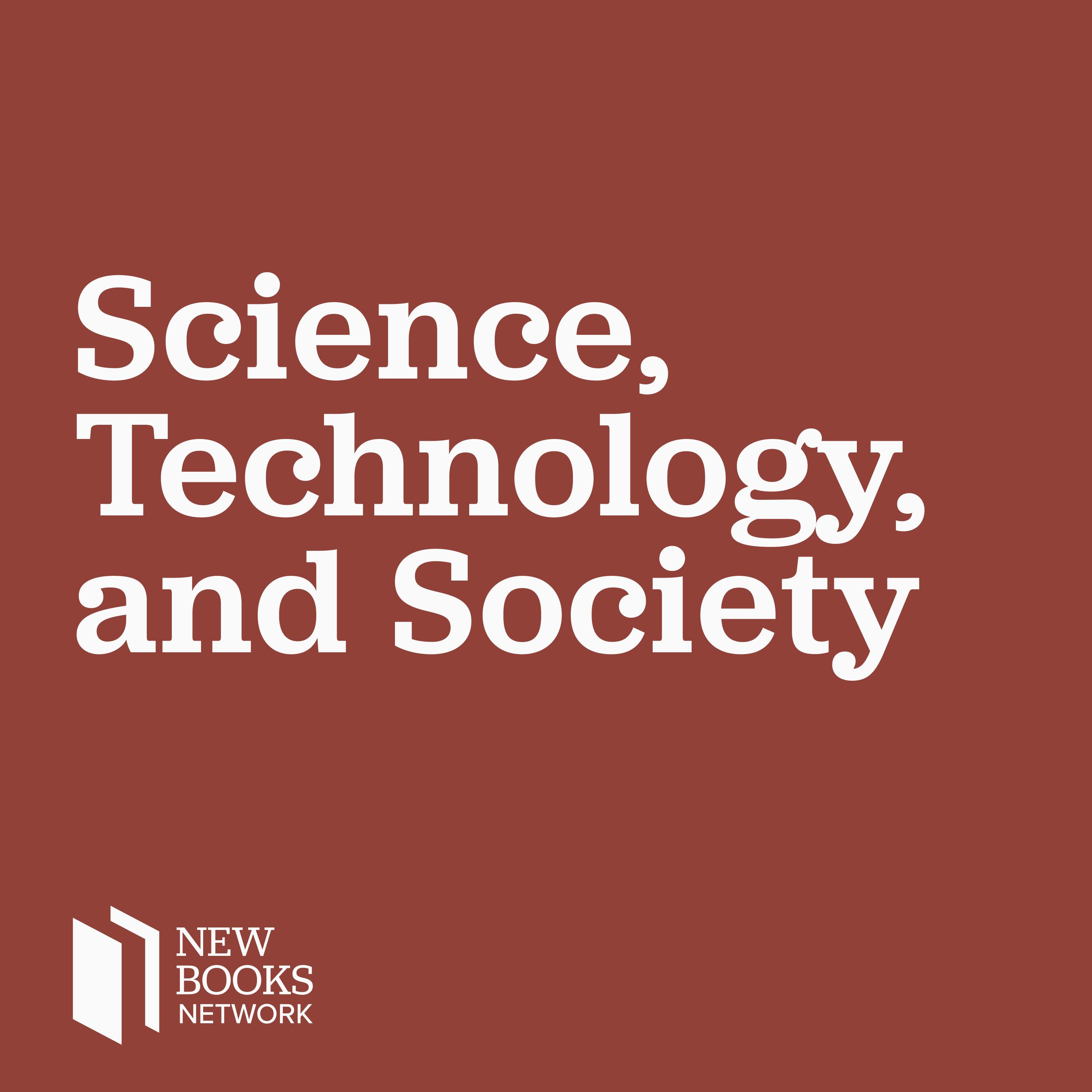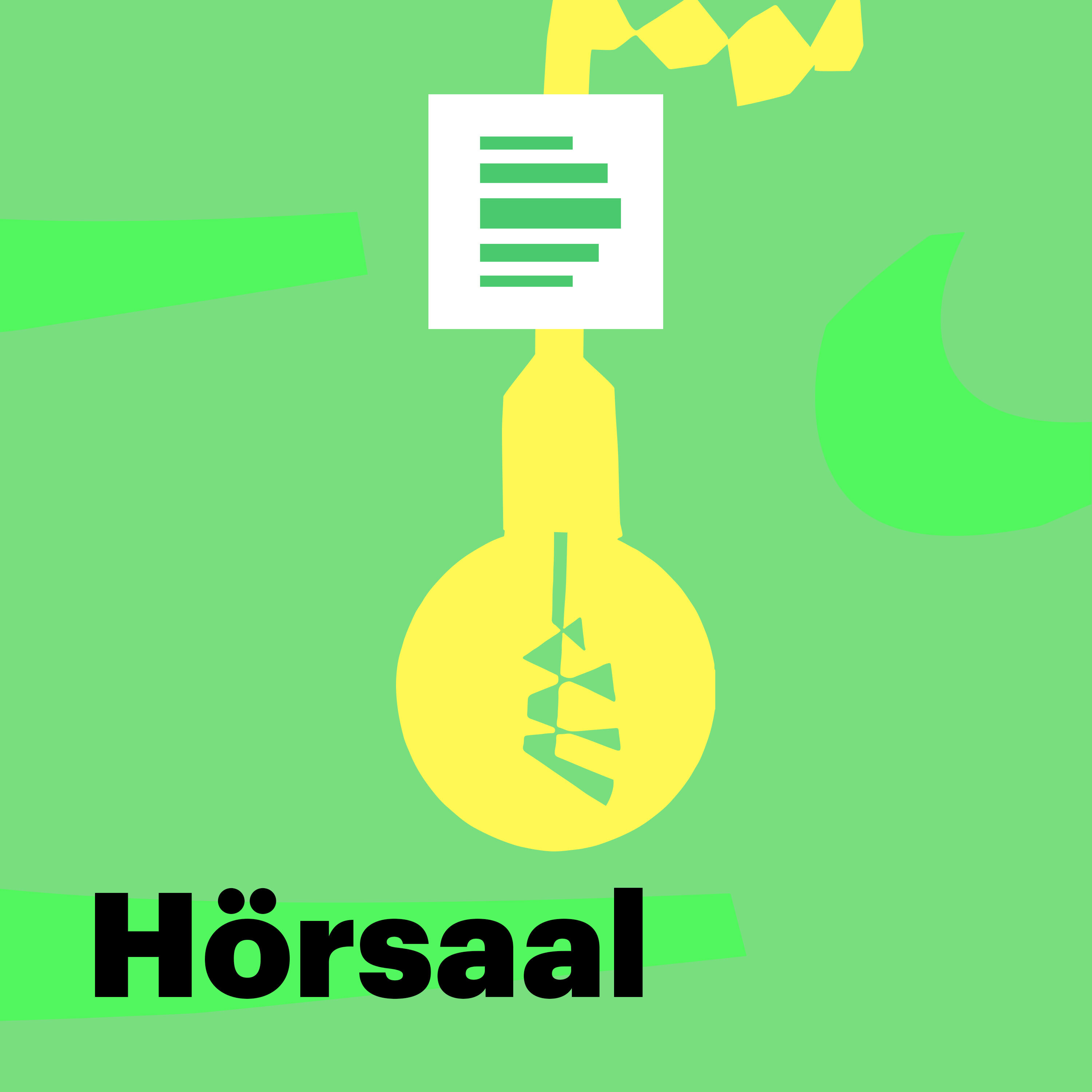AI: How We Got Here in Three Powerful Tales - New Books in Science, Technology, and Society
Update: 2024-12-26
Description
This episode is based upon three readings:
- Alan Turing’s Computing Machinery and Intelligence aka The Turing Test paper. Turing starts his paper by asking “can machines think?” before deciding that’s a meaningless question. Instead, he invents something he calls “the imitation game” - a text conversation where the player has to guess whether they are chatting with another person or with an AI. ChatGPT was such a bombshell because it easily and consistently passes this “Turing Test” by giving human-like responses to questions. Here’s the issue: the Turing Test is based upon AI deception, not thinking. Turing set out to ask Can Machines Think? and ended up showing how easily AI can deceive us.
- Karel Čapek’s Rossum’s Universal Robots. This is the first AI Takeover story. It’s a play written in 1920 about a factory manufacturing artificial persons. Čapek introduced the word Robot to the English language - it’s derived from robota, a Czech word meaning forced labor. Čapek’s robots are supposed to be the ultimate workers, free from distracting human needs and desires. Yet, they mysteriously start to glitch, gnashing their teeth, freezing up. When they are given guns and asked to fight humanity’s wars, they become super soldiers as well as perfect workers. Anyone who has seen Blade Runner, The Terminator, or Battlestar Galactica - all inspired by Čapek’s play - knows what happens next. Rossum’s Universal Robots is the original AI takeover story, as well as being a dead-on satire of twentieth century ideas like Fordism and nationalism.
- Joanna Bryson’s Robots Should be Slaves. Bryson, a computer scientist, makes a provocative intervention into AI ethics. She argues that as AI becomes more advanced, and robots more lifelike, we are going to get dangerously confused: we’ll want to give robots rights that they cannot and should not have. Bryson argues that robots are owned by us and should be seen and used as property. She wants to avoid conflating the human and the mechanical, yet, by using the terminology of slavery, she introduces into the AI debate the very thing she seeks to deny - the concept of human rights.
Learn more about your ad choices. Visit megaphone.fm/adchoices
Support our show by becoming a premium member! https://newbooksnetwork.supportingcast.fm/science-technology-and-society
Comments
Top Podcasts
The Best New Comedy Podcast Right Now – June 2024The Best News Podcast Right Now – June 2024The Best New Business Podcast Right Now – June 2024The Best New Sports Podcast Right Now – June 2024The Best New True Crime Podcast Right Now – June 2024The Best New Joe Rogan Experience Podcast Right Now – June 20The Best New Dan Bongino Show Podcast Right Now – June 20The Best New Mark Levin Podcast – June 2024
In Channel



![EP 195 |SOCIEDADE: desinformação e sabotagem - Fundação (FFMS) - [IN] Pertinente EP 195 |SOCIEDADE: desinformação e sabotagem - Fundação (FFMS) - [IN] Pertinente](https://storage.buzzsprout.com/4mgyrmi8i81sr1ttpwghmonbg76t?.jpg)














